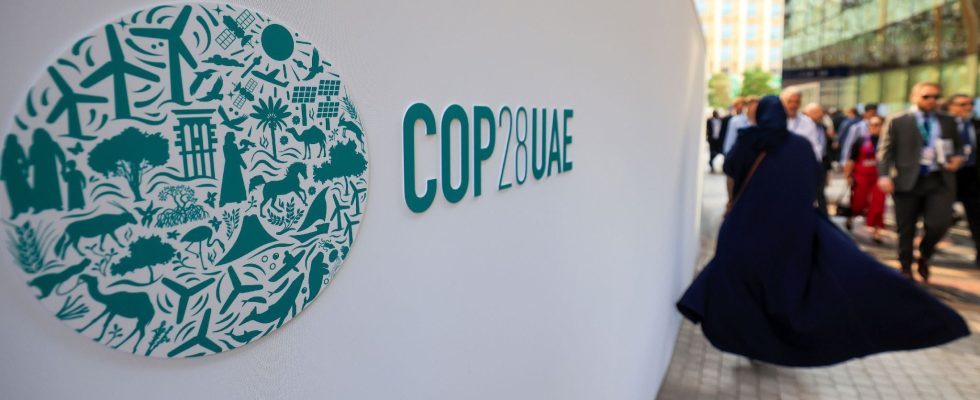Sultan al-Jaber hoped to have concluded an agreement for this Tuesday morning, December 23, the 8th anniversary of COP 21. Lost bet… The director general of COP28, Majid al-Suwaidi, declared that the Emirati presidency of the conference was working on a new draft agreement on the basis of the “red lines” expressed the day before by the countries which rejected its first proposal. “The goal is to reach consensus,” he told reporters on the last scheduled day of the COP. “We would all like to finish on time but we all want to achieve the most ambitious result possible. That is our only goal.”
Indeed, the hundred or so countries in favor of an exit from fossil fuels, including those of the European Union and many island countries, are still negotiating in Dubai to reach an agreement in the face of opposition from OPEC. The minority of hydrocarbon-producing countries, led by Saudi Arabia, oppose any language explicitly targeting the main source of their revenue.
An “à la carte” agreement
Currently, the 21-page document would leave complete latitude to the countries signatories to the Paris agreement to choose their way of “reducing” fossil fuels, without obligation. It no longer sets any common objective of “exit” from oil, gas and coal, although envisaged in previous versions.
The European Union considers the project “insufficient” and the United States calls for it to be “substantially” strengthened. NGOs and experts denounce a project in the form of a “shopping list” or an “à la carte menu” putting the development of solar, wind, nuclear, hydrogen or technical technologies on the same footing. of carbon capture in its infancy and inapplicability during this crucial decade. This text is “unacceptable” and “well below the ambition necessary to keep our islands above the surface of the water”, denounced Tuesday Joseph Sikulu, responsible for the Pacific of the NGO 350.org.
They still want to believe in a more restrictive text
A new draft agreement is expected during the day. But if they want to hope to adopt a text truly calling for an exit from oil, gas and coal, the delegates will most likely have to extend their stay. The Europeans met on Tuesday as they do every morning to coordinate. Diplomats and ministers are seeking to make the text more restrictive. On site, even small delegations with limited means, like that of the Marshall Islands, confide their intention of wanting to stay “until the end”.
It remains to find a formula capable of satisfying countries with divergent views. Because in the COPs, the texts are adopted by “consensus”, a notion different from unanimity since there is no vote, legally ill-defined, but which can theoretically allow a single State to object.
Eyes on China and the United States
This Tuesday, eyes are on China and the United States, the world’s two largest emitters of greenhouse gases (41% between them). The Chinese envoy said nothing publicly on Monday. In November, the two powers agreed to avoid talking about an “exit” from fossil fuels but emphasized the role of renewable energies to gradually replace them.
Progress on energy objectives is also suspended from parallel progress on other negotiated texts, in particular on adaptation to the consequences of global warming and on financial aid to developing countries, crucial to convince the South to accept an agreement.
